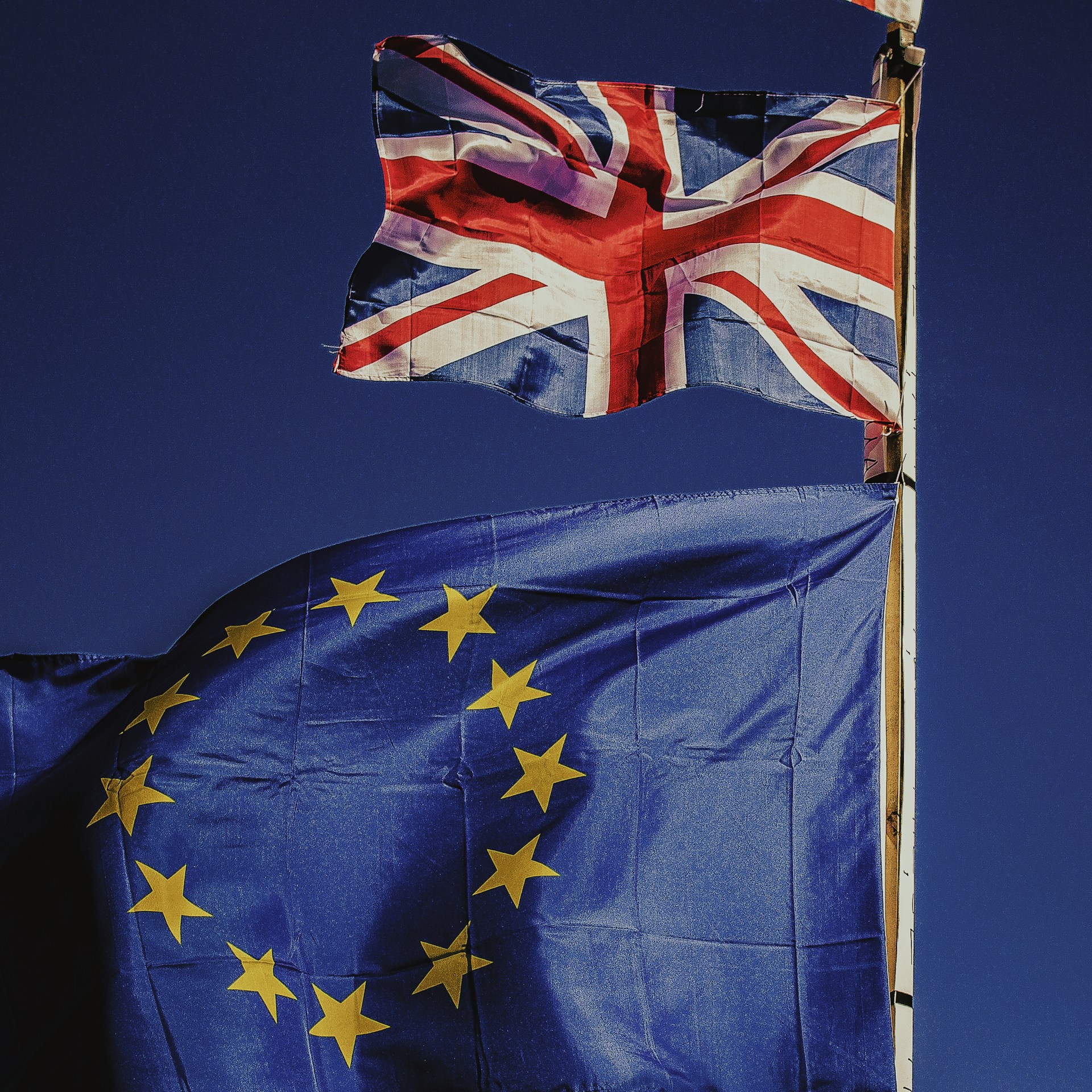UK and EU announce new trade agreement

The UK and EU have unveiled a significant new agreement, aiming to redefine their post-Brexit relationship across critical areas including trade, fishing rights, and defence.
The deal, announced by Prime Minister Sir Kier Starmer and European Commission President Ursula von der Leyen, has been largely welcomed by business leaders as a pragmatic step towards improving economic ties.
A key component of the agreement is a new Sanitary and Phytosanitary (SPS) arrangement designed to reduce trade friction for farming exports. This will see the vast majority of routine border checks on animal and plant shipments to and from the EU dropped, allowing the UK to resume selling products like raw burgers and sausages into the EU. Under this, the UK will generally follow EU rules in this domain, overseen by the European Court of Justice, but retains the ability to diverge if similar standards are maintained and EU trade is not harmed.
Scottish Land & Estates (SLE) acknowledged the SPS agreement as a “notable step forward” for food producers, anticipating reduced costs and delays. However, Eleanor Kay, senior policy advisor at SLE, voiced concerns regarding biosecurity, stating: “it’s important to ensure that these changes do not compromise our biosecurity. The UK’s island status is an advantage we should seek to maintain.”
Questions also remain about the alignment of farming standards, where the UK will have a seat at the table for regulation development but no veto, and the ongoing disparity in subsidy regimes.
The Scottish Chambers of Commerce (SCC) hailed the overall deal as a “welcome and pragmatic step towards rebuilding a strong trading relationship”. Dr Liz Cameron CBE, chief executive of SCC, highlighted that the EU remains Scotland’s top export destination and that the deal would “reduce costs, cut red tape, and make it easier for Scottish businesses to compete and grow”.
Salmon Scotland, representing the UK’s largest food export, estimates the new arrangements will slash red tape that has cost salmon export companies approximately £3 million annually since Brexit.
Tavish Scott, chief executive of Salmon Scotland, stated, “this breakthrough eases the burden on our farmers, processors and the communities they support,” particularly welcoming the withdrawal of physical checks which means “lower costs and quicker deliveries”. France remains the primary market for Scottish salmon.
On fishing, the current access for EU boats to UK waters will be maintained until 2038, extending a provision from the 2020 Brexit deal that was due to expire next year. The UK will continue to agree yearly quotas with the EU and Norway. A £360m “fishing and coastal growth fund” is also set to be established to invest in new technology.
The agreement establishes a formal UK-EU defence and security pact, with officials set to meet every six months to discuss defence and foreign policy. Both sides will coordinate on sanctions, enhance information sharing, and develop a space-related security policy. The UK will also join the EU’s PESCO project on military mobility and the government anticipates UK arms firms may gain access to the EU’s £150bn Security Action for Europe (Safe) fund.
Discussions are underway for a “youth experience scheme,” which could allow young people to work and travel more freely in Europe, albeit capped and time-limited, mirroring existing UK schemes with countries like Australia. The UK is also negotiating to rejoin the Erasmus+ student exchange programme. SCC’s Dr Cameron urged momentum on this, calling a youth mobility scheme a “game-changer for attracting high-skilled talent.”
For travellers, UK holidaymakers can expect to use e-gates at more European airports once the EU’s new digital border checks system is implemented in October. Pet travel will also be simplified.
In energy and environment, the UK and EU plan to link their carbon markets, a move the government claims will save £800m in taxes and protect UK steel from EU tariffs. Discussions will also begin on the UK buying and selling directly into the EU’s shared electricity market, conditional on the UK adhering to EU rules. SLE noted this could provide new market opportunities for UK-based carbon credits.
Professor Joe Nellis, economic adviser to MHA, described the deal as “a victory for the UK economy”, predicting it would support exports, boost business confidence, and lower living costs. He suggested it “moves us closer to the EU, in what is perhaps the beginning of a rapprochement”.







